 While I’ve been writing my upcoming novella, THESE SAVAGE BONES, I’ve been doing a lot of research on traditional vs. self publishing lately. Specifically, I’ve been looking into the monetary aspect of both. And let me tell you, it has definitely been eye-opening.
While I’ve been writing my upcoming novella, THESE SAVAGE BONES, I’ve been doing a lot of research on traditional vs. self publishing lately. Specifically, I’ve been looking into the monetary aspect of both. And let me tell you, it has definitely been eye-opening.
Today, we’re going to look at the traditional publishing side of things and explore advances, royalty rates, and just how you can make a living as a writer. But I’m going to warn you, friend, it isn’t going to be pretty. There are some cold, hard truths about publishing that you might not want to hear, but you definitely need to know.
Next week, I also plan to share a breakdown of royalties and costs from the self-publishing perspective so you can compare and contrast both options, so stay tuned for that! Now, let’s get down to it, shall we?
Spoiler alert: this post will involve math. You have been warned.
Advances
Before we get into the average royalty rates for authors from traditional publishing houses, we first need to talk about advances.
An advance is an “advanced payment” of your book’s royalties. The amount you receive depends on factors like the type of book you’re writing, how well the publisher thinks it will sell, and whether or not you’re a newbie author or a NYT best-seller.
So how much are we talking here? Literary agent Rachelle Gardner says, “A typical first-timer advance might be anywhere from $5,000 to $15,000 per book. Most publishers offer the advance they project your book will earn back in the first six to twelve months after publication.”
That might sound like a good chunk of change, but here’s the catch: you won’t receive your advance all at once. Typically, your advance is split into two payments–one when you sign your contract, and another once you turn in the final, edited manuscript–though now some publishers are beginning to split it into three installments, with the final payment being received when the book is released.
Now, if you’ve hired a literary agent (which you will most likely need to do to even get your foot in the door of traditional publishing), they will receive 15% of your advance as commission for their services. So if you receive a $10,000 advance they will receive $1,500. That being said, your agent will also help negotiate the best contract for you since it benefits them as well. Never begrudge an agent her 15%–she definitely earns it!
The other thing you need to understand about advances is that your book must earn them back before you begin receiving royalties. Yep, you read that right. That means if you received a $10,000 advance and your agent negotiated a royalty rate of $1 per book, you would need to sell 10,000 copies to earn back your advance.
And here’s the hard truth: sometimes, books don’t earn back their advance. If this happens you don’t have to repay your advance, but you’ll never receive royalties from your book and publishers will be hesitant to publish any more stories from you in the future since you just lost them money. Ouch.
Royalties
Are you still with me so far? Good! Now that we’ve covered the advance, let’s dig into the actual royalties.
First, let’s look at the timeline here. It can be up to a year or more from the time you sign your contract to the time your book hits bookstore shelves. In addition to that, remember that your book must first earn back its advance, which, on average, takes around 6-12 months. That means from the time you sign your contract, it can take two years before you receive a royalty check.
I wish I could say the news gets better, but it really doesn’t. You will only receive royalty checks every 6 months. Yep, twice a year. Talk about a sporadic paycheck.
Now, remember your literary agent? She also receives 15% of your book’s earnings for each royalty check you receive. That’s right, that 15% doesn’t just apply to your advance–it applies to all of your earnings.
So what about the royalty rates themselves? Here are the average industry royalty rates:
Hardcover: 10% before the first 10,000 copies are sold, then 15% after
Paperback: 8% for the first 150,000 copies sold, then 10% after
E-book: 25%
So how many copies can you expect to sell? That answer will vary widely and there’s no definite number, but keep in mind that in the U.S. on average, a book sells around 250 copies per year and 3,000 in its lifetime.
Let’s crunch some numbers, shall we?
Let’s say the retail price of your hardcover book is $15 and your royalty rate is 10%. That means you’ll earn $1.50 per book sold (after you earn back your advance, of course). Let’s say you’ve done well and sold 500 copies in 6 months, and you receive a royalty check of $750. After your agent’s 15% cut ($112.50), you’re left with $637.50.
Or, let’s say your paperback book is selling for $10 and your royalty rate is 8%. That means you’ll earn $0.80 cents per book. Again, let’s say you’ve done well and have sold 500 copies in 6 moths, and when your royalty check rolls around you’ve earned $400. After your agent’s 15% cut ($60), you’re left with $340.
Yep, after all the blood, sweat, tears, and countless hours you poured into your book, the publisher will get the biggest chunk of the profit. Granted, they also have to pay everyone who helped in the publishing process–the cover designer, editor, interior designer, etc.–but those percentages can still feel tiny to an author who’s put so much effort into their story.
Making a Living With Fiction
I know these numbers can be disheartening, and they make it easy to see why agents and publishers tell you not to quit your day job. The hard truth is, it’s really, really hard to make a living as an author. Successful authors like J.K. Rowling, Stephen King, and George R.R. Martin are rare exceptions, not the average author.
So how does one earn a living wage from writing fiction? Literary agent Rachelle Gardner shares the key to success:
Making money in this business, for the vast majority of writers, isn’t about having one huge hit. Or even two huge hits. Instead, it’s about building a career, book by book, and building an audience that wants more of your books.
Writers begin to see a “living wage” when they have a stack of books out there in the marketplace. Each book needs to be bringing in royalties regularly. Even if each book is not selling a huge number of copies individually—if you have a whole bunch of books out there, each selling some copies, it starts to add up.
Basically, making a living as an author isn’t a get rich quick scheme. It will take you years to build up a collection of published books that earn you enough royalties to live of off. The truth is, most writers don’t write to make millions–we write because we’re passionate about our stories and we want to share them with the world. And while passion may not pay the bills, there’s nothing quite like the reward of connecting with readers through story.
At the end of the day I don’t write for a paycheck (although it would be nice). I write because it’s what I love, and because I would continue to do so even if I never made a single sent from my work.
What about you?
P.S. Ready to explore to self-publishing side of things? Click here for Part 2 of this post!
 My upcoming novella, THESE SAVAGE BONES, is a YA murder mystery set in 19th century Mexico against the backdrop of the traditional festival Dia de los Muertos–the Day of the Dead.
My upcoming novella, THESE SAVAGE BONES, is a YA murder mystery set in 19th century Mexico against the backdrop of the traditional festival Dia de los Muertos–the Day of the Dead.
THESE SAVAGE BONES will be released on Oct. 25th, and you can read more about the story and sign up for a publication reminder by clicking here.










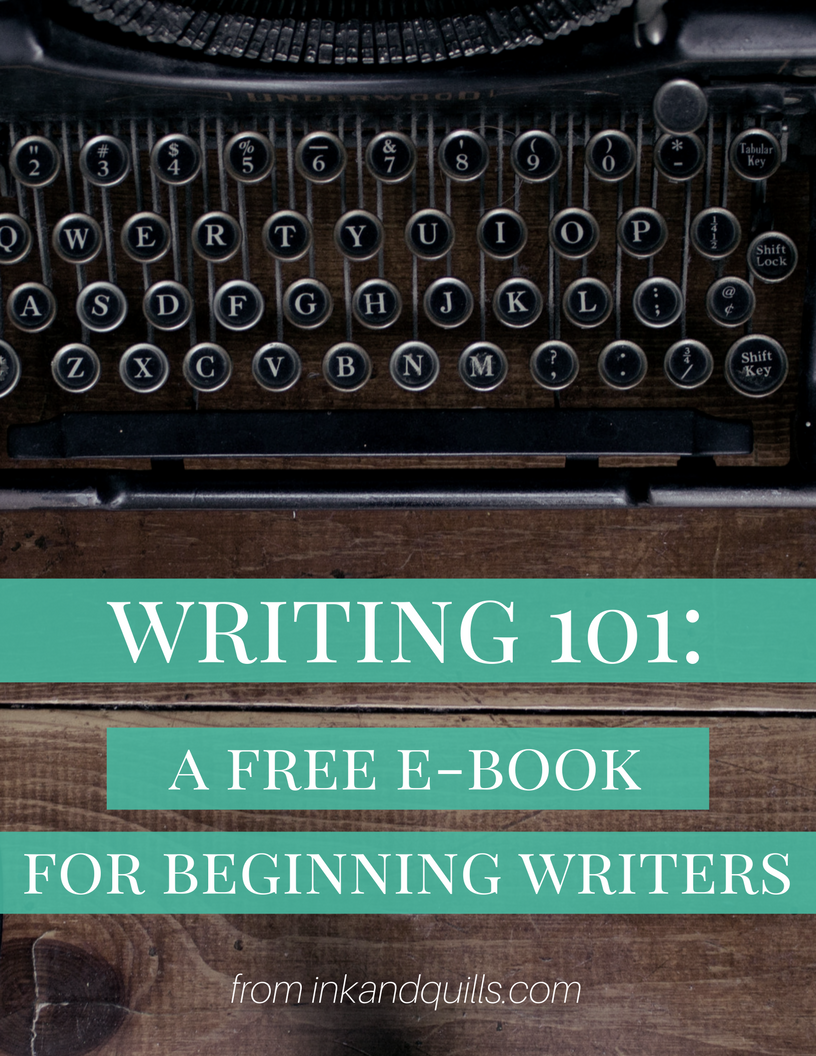

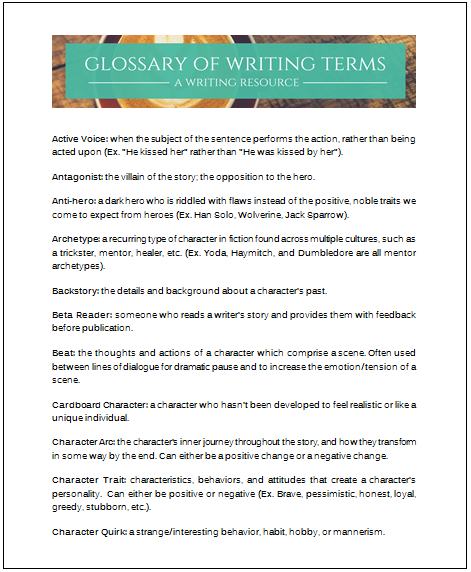

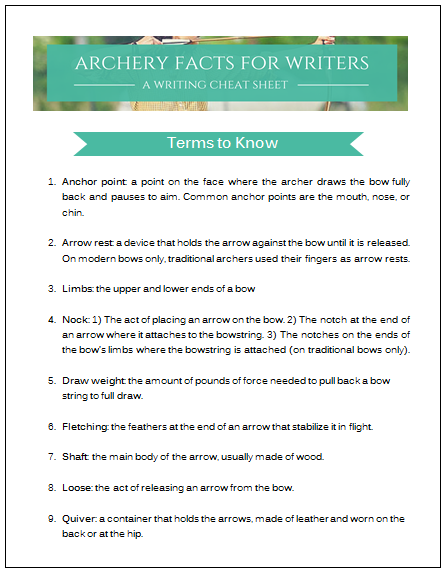



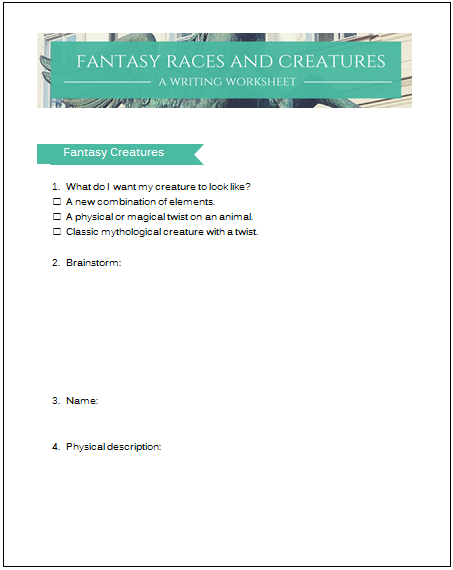


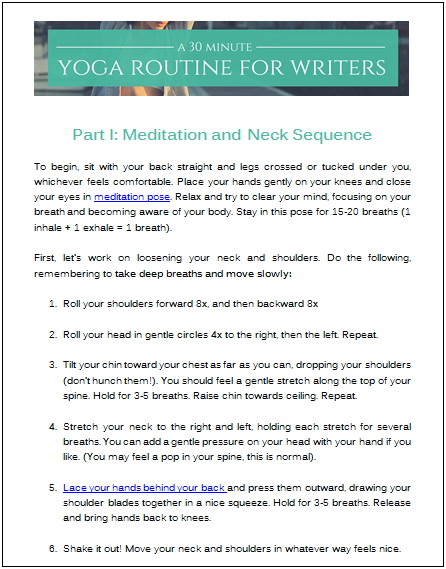
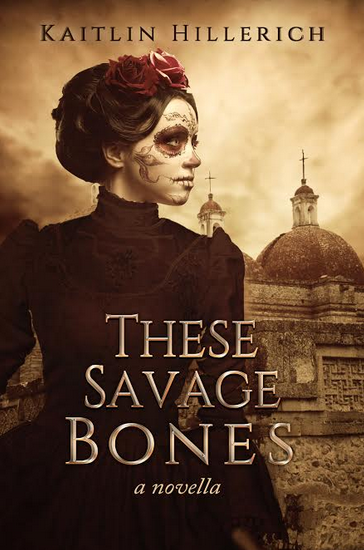
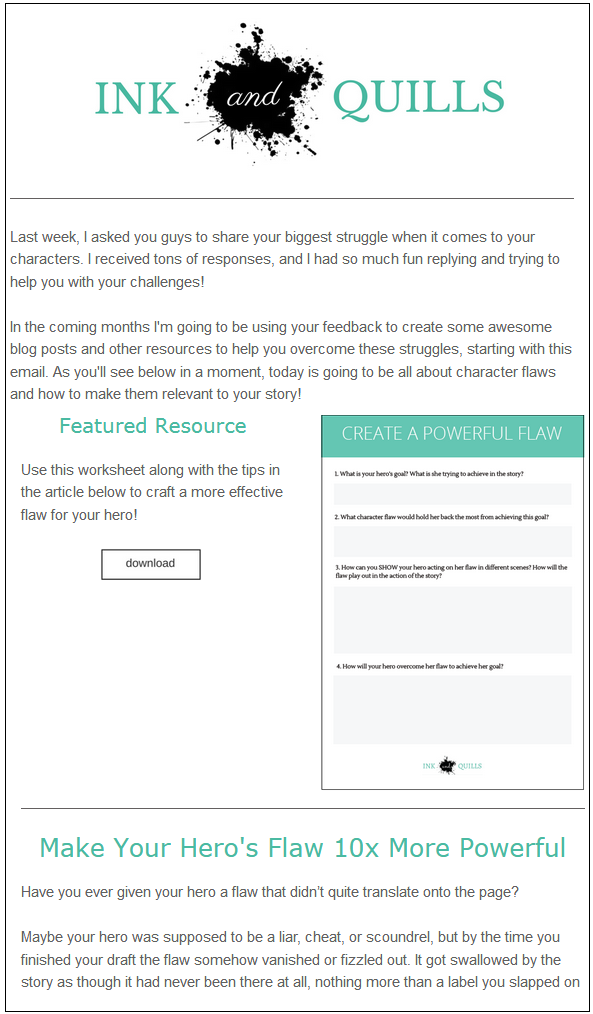
This was REALLY helpful. Thank you!
Publishing can be a scary game. If an author fails to make back that advance, that could spell the end of the career in traditional publishing.
You know, now that I think about it, I’m a little surprised the big houses still pay advances and haven’t switched to royalties after the sale only.
Great post, by the way!
I suppose publishers have no choice but to take the risk since it is a business, but that is an interesting point about the advances. You’ve got me curious now, I wonder why they do pay advances instead of just paying royalties after the sale? You’d think it would be less risky for them then. Hmmm… Anyways, thanks for stopping by, Jason!
It’s those blockbuster novels—the ones written by J.K. Rowling, Stephen King, Dean Koontz, Daniel Silva, et al—and the ones that make a profit but aren’t blockbusters, that finance a publisher’s investment in those authors whose books don’t make a profit. Publishers are well aware that some books won’t earn out their advance.
But, unless things have changed, a publishing contract is likely to be a multiple-book contract (probably for three books) obligating the writer to sell their next two books to the publisher as well.
However, if you’ve received an advance of $10,000 and have sold only 500 books in the first six months, you will *not* be seeing a royalty check. Rather, your book will likely be considered a huge flop.
I could easily add a LOT(!) more to this subject, based on royalty statements I’ve seen posted online and discussions I’ve had with a couple of authors online, but it would require a LONG(!) comment to show how the royalties actually work out, and to reveal some of the unknown business practices of agents, and I don’t want to hijack your post.
Thanks, Kaitlin. This is an eye-opening post. An author must consider every possibility before signing a contract. That 15% for a literary agent can make a huge difference. Does anyone know if Rowling or Martin have agents? I can imagine those agents now, falling asleep every night counting cash instead of sheep.